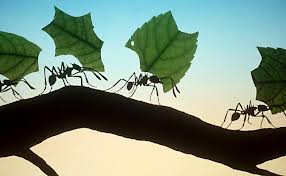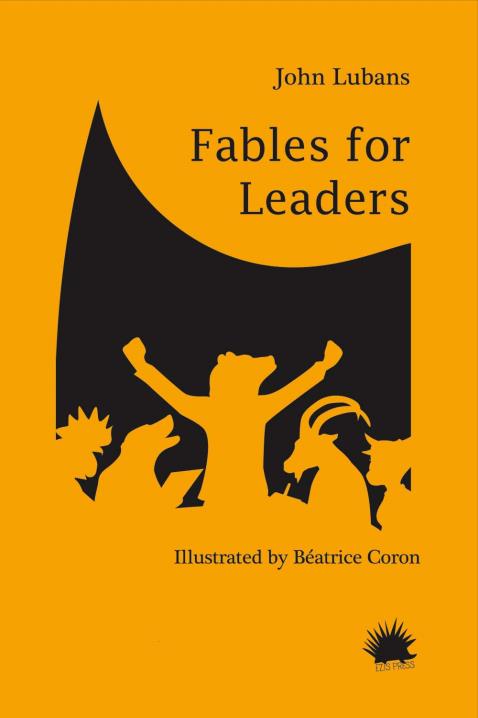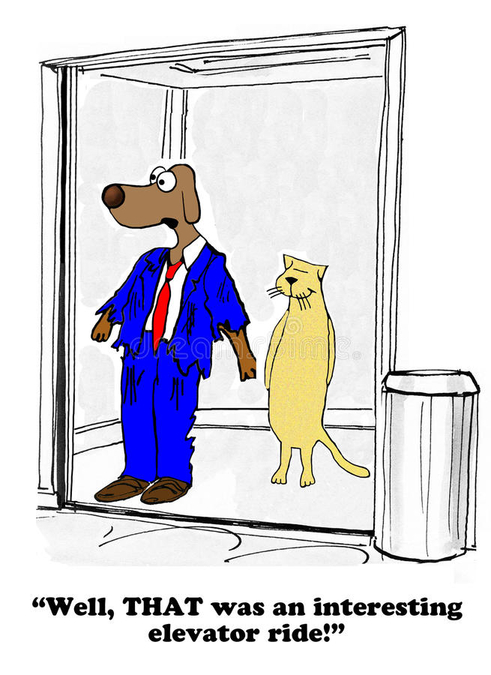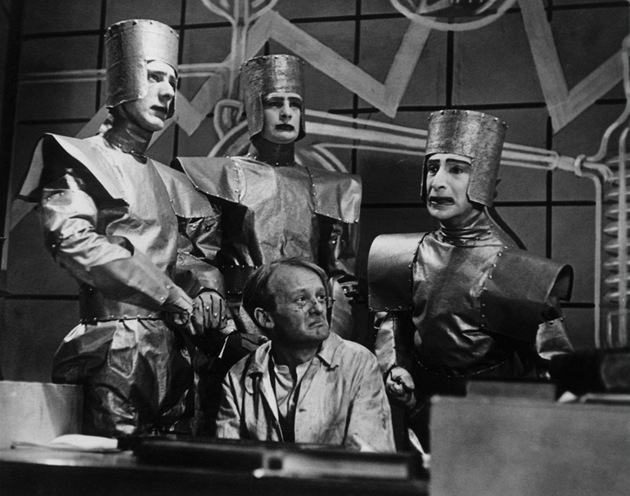Ants & Democracy
I will be showing my Democratic Workplace class the NOVA DVD, “Ants - Little Creatures Who Run the World.” The DVD features Dr. Edward O. Wilson’s research and was produced in the mid to late 90s. I’m using it to augment our class’ discussion of complex systems and how leaderless, self-organizing units work together to achieve group results.

Caption: Leaf-cutter ants laden with food for the nest*.
According to Dr. Wilson humans have an inherent weakness: we emphasize the needs of the individual over the needs of society. The final scenes of the DVD show a despoiled earth, all human life extinct. But as the camera zooms in, we see ants zipping around and through the concrete debris and metallic detritus of what used to be civilization. The ants win, continuing their 100 million year run of biological success! Clearly Dr. Wilson (or NOVA) thinks that the ants’ cooperation and seemingly selfless way of life (or, as the script has it anthropomorphically: “selfless devotion”) is vastly superior to mankind’s tendency toward selfish behavior. If we extend to the workplace the viewpoint that individual needs trump those of the group, it suggests that man is largely incapable of cooperating or collaborating. I expect that devout fans of the hierarchy are nodding vigorously in agreement. “I told you so! If humans are to accomplish anything, they need direction, the firmer the better.” (These same advocates for limiting personal freedom, of course, always exempts themselves from the coercive and necessary guidance for the masses.)
Unlike ants, humans are imbued (divinely or over time through evoution) with freedom and the capacity to make choices (bad and good), to decide for themselves. Also, we have the unique attribute of language to argue for and explain our choices.
The critics hold that if we got rid of choice, we could have a cooperative society and be better off. Charles Handy, in writing about the concept of subsidiarity, says this re individual freedom: “Choices, in fact, are our privilege, although they come disguised as problems, and stealing people’s choices is wrong.”**
Actually, humans do cooperate, just not consistently. (Chapter 23, "Sacred Teams", in the book, is especially relevant to humans cooperating. It has my observations about the Semana Santa processions in Quetzaltenango, Guatemala.)
Is this inconsistency in cooperating a fatal weakness for our kind? I’ll ask the class, “Do you agree that this is a weakness? In what ways? Does taking away a worker’s elbow-room for making decisions eliminate democracy in the workplace?
*While hiking in Costa Rica in early November, I observed, close-up, long lines of leaf-cutter ants, burdened with freshly cut leaf segments, hurrying across rocks, rutted earth, fallen tree limbs – nothing could stop their march back to the nest. The DVD confirms that the harvest does not kill the trees. New leaves will soon grow back for another bountiful harvest.
**Handy, Charles. “Subsidiarity Is the Word for It.” Across the Board (magazine); June, 1999, 36: 7-8.

Caption: Leaf-cutter ants laden with food for the nest*.
According to Dr. Wilson humans have an inherent weakness: we emphasize the needs of the individual over the needs of society. The final scenes of the DVD show a despoiled earth, all human life extinct. But as the camera zooms in, we see ants zipping around and through the concrete debris and metallic detritus of what used to be civilization. The ants win, continuing their 100 million year run of biological success! Clearly Dr. Wilson (or NOVA) thinks that the ants’ cooperation and seemingly selfless way of life (or, as the script has it anthropomorphically: “selfless devotion”) is vastly superior to mankind’s tendency toward selfish behavior. If we extend to the workplace the viewpoint that individual needs trump those of the group, it suggests that man is largely incapable of cooperating or collaborating. I expect that devout fans of the hierarchy are nodding vigorously in agreement. “I told you so! If humans are to accomplish anything, they need direction, the firmer the better.” (These same advocates for limiting personal freedom, of course, always exempts themselves from the coercive and necessary guidance for the masses.)
Unlike ants, humans are imbued (divinely or over time through evoution) with freedom and the capacity to make choices (bad and good), to decide for themselves. Also, we have the unique attribute of language to argue for and explain our choices.
The critics hold that if we got rid of choice, we could have a cooperative society and be better off. Charles Handy, in writing about the concept of subsidiarity, says this re individual freedom: “Choices, in fact, are our privilege, although they come disguised as problems, and stealing people’s choices is wrong.”**
Actually, humans do cooperate, just not consistently. (Chapter 23, "Sacred Teams", in the book, is especially relevant to humans cooperating. It has my observations about the Semana Santa processions in Quetzaltenango, Guatemala.)
Is this inconsistency in cooperating a fatal weakness for our kind? I’ll ask the class, “Do you agree that this is a weakness? In what ways? Does taking away a worker’s elbow-room for making decisions eliminate democracy in the workplace?
*While hiking in Costa Rica in early November, I observed, close-up, long lines of leaf-cutter ants, burdened with freshly cut leaf segments, hurrying across rocks, rutted earth, fallen tree limbs – nothing could stop their march back to the nest. The DVD confirms that the harvest does not kill the trees. New leaves will soon grow back for another bountiful harvest.
**Handy, Charles. “Subsidiarity Is the Word for It.” Across the Board (magazine); June, 1999, 36: 7-8.








 John Lubans - portrait by WSJ
John Lubans - portrait by WSJ